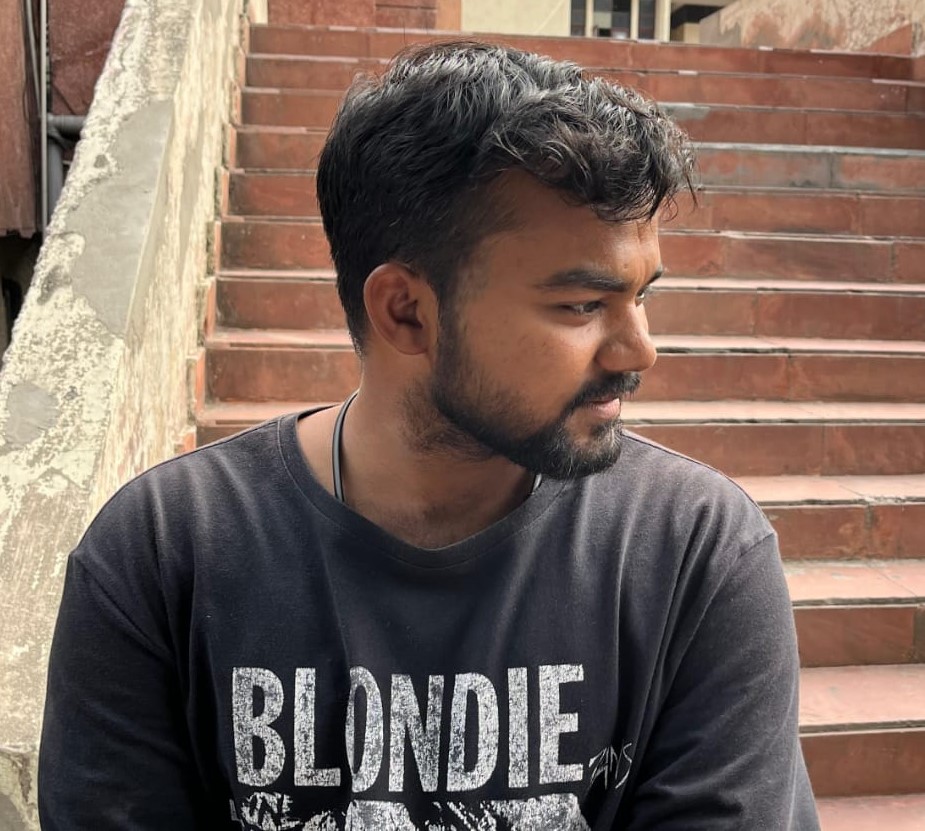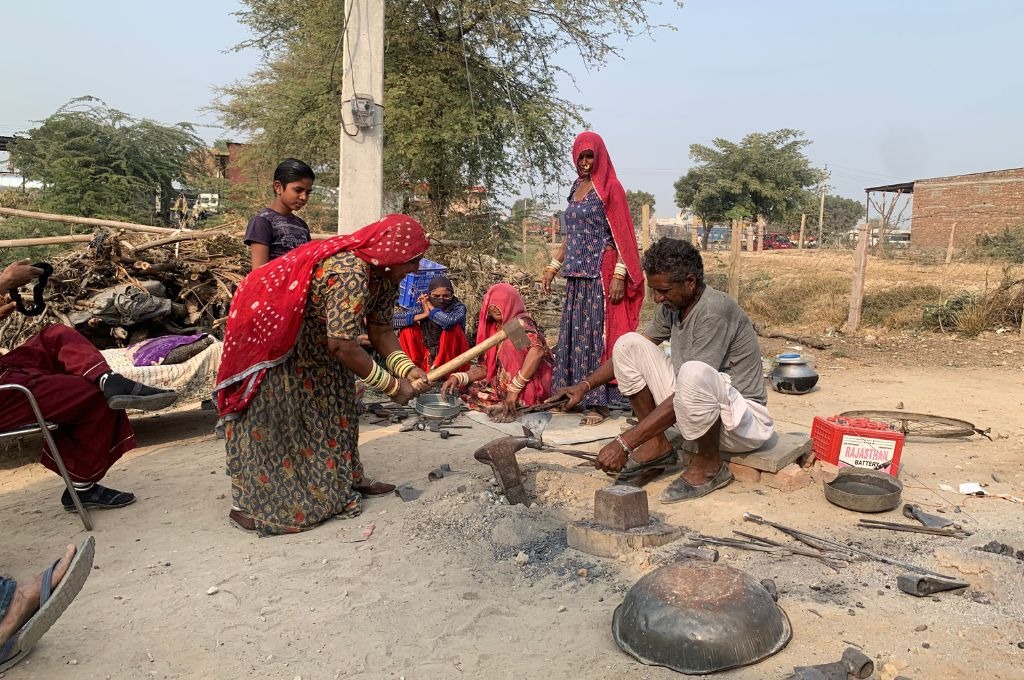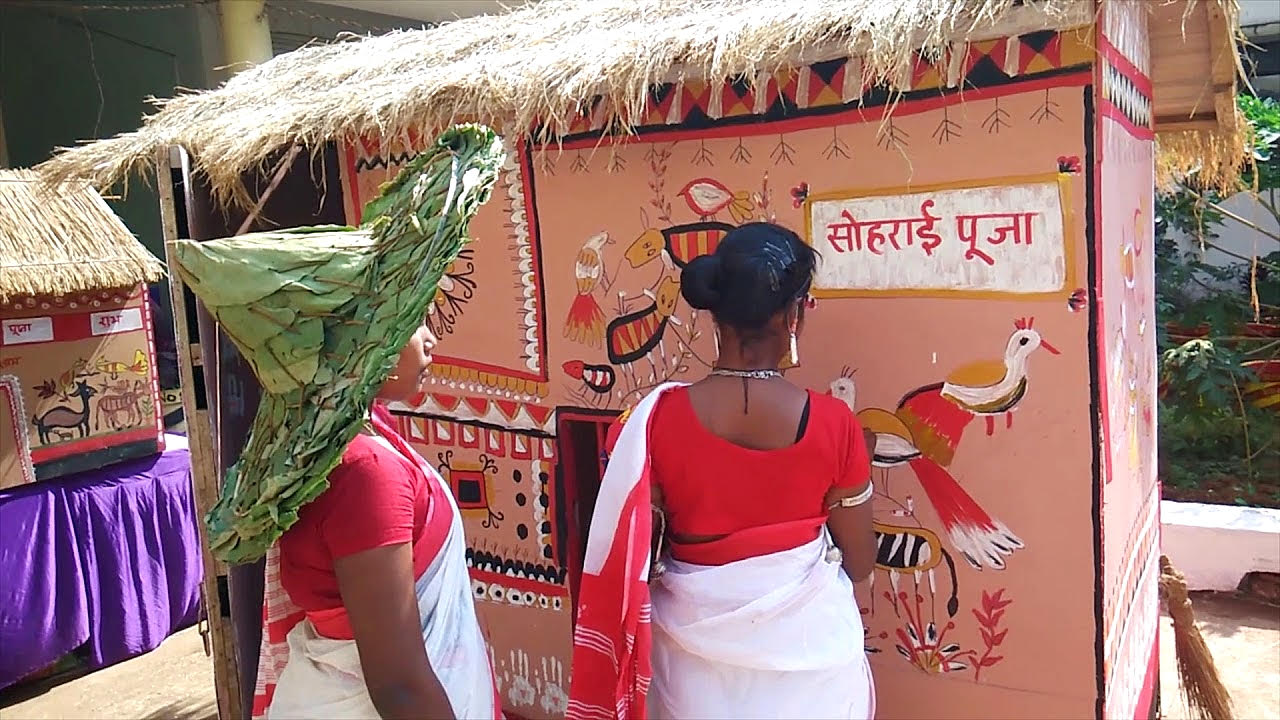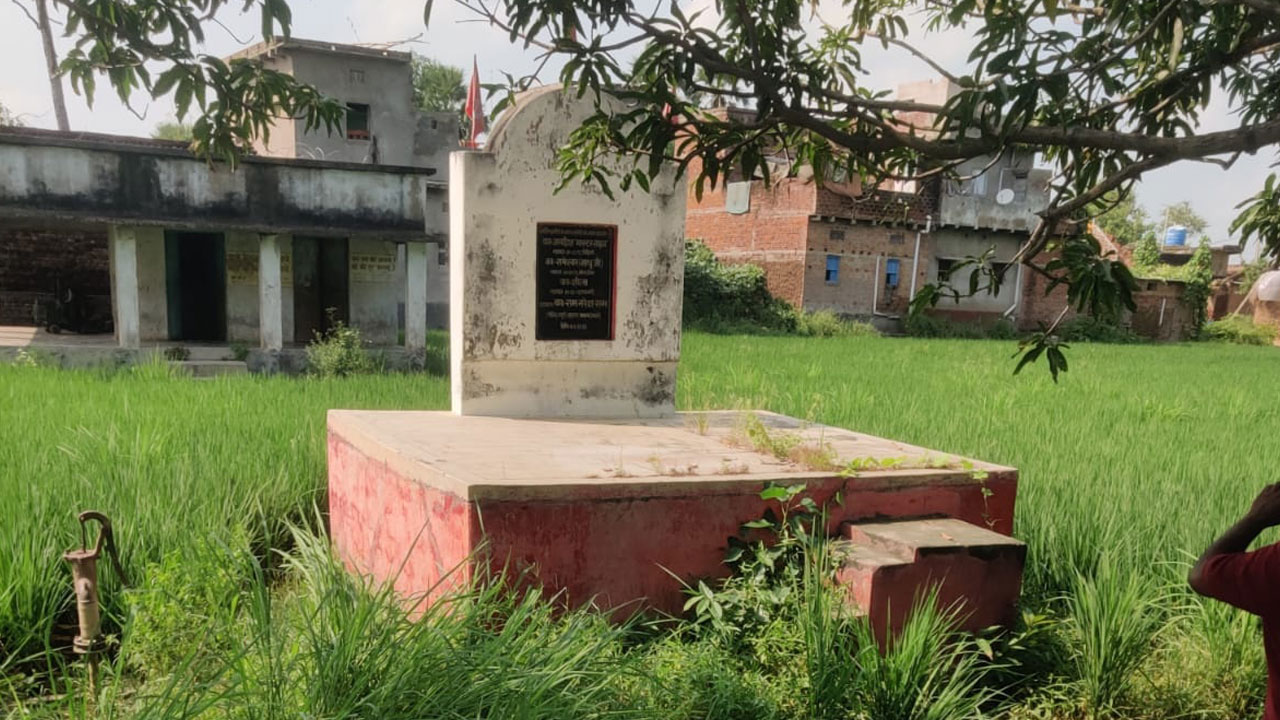Neeraj Ghaywan’s recently-released film Homebound captures the Indian social reality as experienced by the large number of people on the margins. Their horrifying past, vulnerable present and stigmatized future – all make it to the screen. The film revolves around two characters who face persistent discrimination because of their birth-based identities. The system does offer a glimmer of hope but the all-too-common systemic failures negate it. And one may have to pay with one’s life for seeking liberation from discrimination.
Chandan Kumar Valmiki (played by Vishal Jethwa) and Muhammad Shoaib (Ishaan Khatter) come from working-class families. Chandan’s parents are construction labourers and Muhammad Shoaib’s are agricultural workers. Both the families are landless and fighting for better wages and a dignified life. Chandan is the only member of his family to have acquired a modern education. Wary of his being picked on for his low-caste identity, he is constantly trying to escape from it, yet reminded of it at every turn. Chandan is forced to utter his full name before the Savarnas on many occasions. Shoaib also carries the burden of his Muslim identity. He fails to clear the police recruitment examination because of his poor economic condition and ailing father and begins working as an apprentice in a company. But even there he has to endure Islamopobhic comments from his colleagues. His manager asks him not to drink water from the dispenser at the office after discovering his religious identity.
The film opens at a railway station, where Chandan and Shoaib are rushing to take the police recruitment examination. The railway station is filled with a huge crowd of young aspirants – all hoping to become police officials, become financially secure and get more respect from society. In India, for a large section of its huge population, competitive exams to enter government service is the only pathway to social mobility and liberation from poverty.
While Chandan clears the exam, Shoaib doesn’t. The film graphically portrays what the young aspirants with their dreams shattered feel. Even for those who have cleared the exams, an arduous journey has just begun. Appointments are delayed because of paper leaks. Such instances are reported with alarming regularity and expose the corruption that has seeped into our administrative and institutional processes. Chandan, waiting for his appointment, keeps on visiting the administrative office for an update. On one such occasion, an officer asks Chandan about his caste background, his gotra. And then he is mocked for being a “reserved category” student. His sufferings are not only material, they are psychological, too.
Meanwhile, Shoaib is in despair, struggling to earn enough to treat his father’s damaged knees. Both the families are landless and survive on wage labour. There is one more commonality between them, symbolized by Chandan’s mother’s cracked heels and Shoaib’s father’s damaged knees. Both these are proof of relentless labour to earn decent wages in a semi-feudal, landlord-bourgeois state. Government jobs thus remain an escape route for families toiling on construction sites and in the fields of others.

Chandan and Shoaib end up as migrant workers in the cloth mills of Surat, Gujarat. Before they can settle down, Covid-19 pandemic strikes. What happens next is the harrowing experience of millions of workers after the imposition of lockdown in March 2020. Chandan and Shoaib are also part of the caravan returning to their homes and villages from the metros. They are thrown out of a truck they are travelling in because fellow travellers are suspicious that Chandan is carrying the virus. They start walking towards their village. Heart-rending scenes follow.
What about the women in these marginalized families? Chandan’s mother can’t work at construction sites anymore. Her dream is to have a “pakka ghar”, which she has spent her life building for others. Chandan’s sister, Vaishali, has to give up her dreams so that Chandan can fulfil his. The family can afford to educate either Chandan or Vaishali and as is usually the case, the daughter’s education is sacrificed. Chandan gets enrolled in a state-run college and the family works day and night to pay his fees. Even the fees charged by public educational institutions are beyond the means of the marginalized sections. Vaishali starts working extra hours to fund Chandan’s college education. She starts cooking midday meals for children at a village school. But the school management and parents of the students refuse to allow the children to eat food cooked and served by the Vaishali. Savarnas threaten the school administration that if she continues to serve food, they will stop sending their children to school. They want Vaishali to do what is sanctioned by the caste system – that is, cleaning toilets, septic tanks and sewers. Vaishali is fired from her job and in the following scene Chandan’s mother is seen looking at Babasaheb Ambedkar’s picture hanging on the wall. The moment reminds the audience of what historian and social activist Bhagwan Das used to say about Ambedkar. “Ambedkar is Umeedkar for us”. Ambedkar signifies hope for millions who are fighting and resisting the hegemony of the ruling classes. They include the Valmikis too and unlike the common perception, not all of them are footsoldiers of Hindutva.
Then, as the love story of Sudha (played by Janhvi Kapoor) and Chandan illustrates, the graded inequality of the caste system runs even among the Dalits. Sudha’s sister’s wedding is conducted according to Buddhist rituals. “Sudha Bharti” – as the name suggests – is likely to be from the Jatav or Chamar caste. Her family is well off, while Chandan hails from a working-class Valmiki family. In a scene, Chandan argues about the class differences with Sudha.
This is the part of the film that zooms in on the caste and class divide within the Dalit identity. Some Dalit subcastes have improved their economic condition and that has softened the blow of the caste system on them. Others continue to feel the full force.
Throughout the film, the determination of Neeraj Ghaywan to accurately portray the lives of the Dalits and the other oppressed communities is evident. Homebound represents the foundations of a genre in mainstream cinema that aims not to please the masses but to shake up their embedded brahmanical consciousness. Through this excellent adaptation of a real-life story by journalist Basharat Peer published in the New York Times, director Neeraj Ghaywan and his team have made Ambedkar more visible on the big screen – not as a “spectacle” but as a means to wake up the masses to the stark sociohistorical and economic inequalities that surround them.
(Edited by Amrish Herdenia/Anil)
Forward Press also publishes books on Bahujan issues. Forward Press Books sheds light on the widespread problems as well as the finer aspects of Bahujan (Dalit, OBC, Adivasi, Nomadic, Pasmanda) society, culture, literature and politics. Contact us for a list of FP Books’ titles and to order. Mobile: +917827427311, Email: info@forwardmagazine.in





